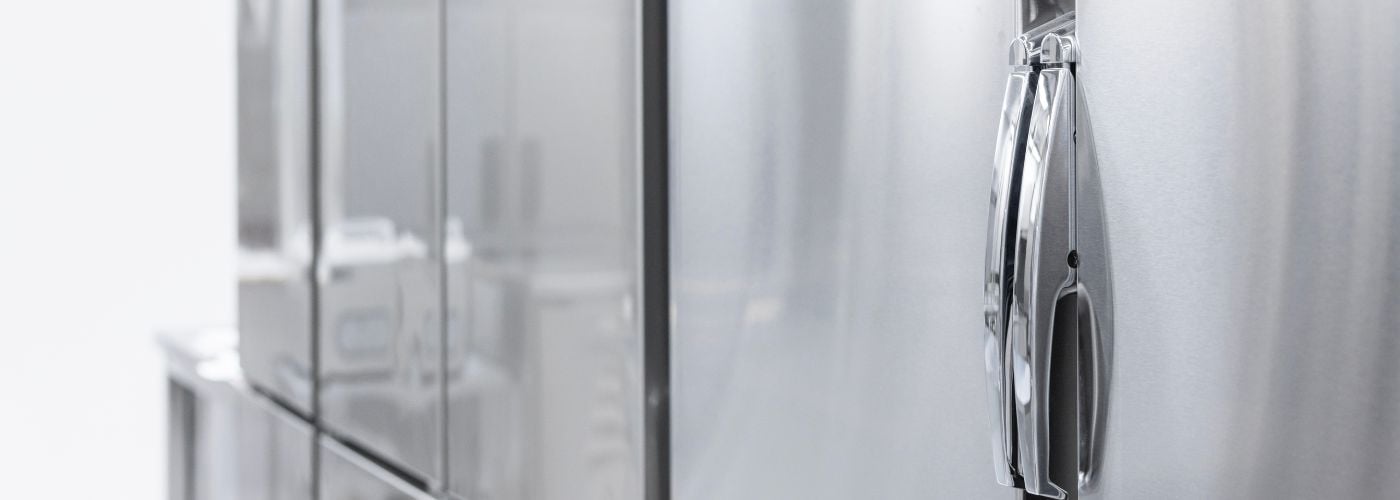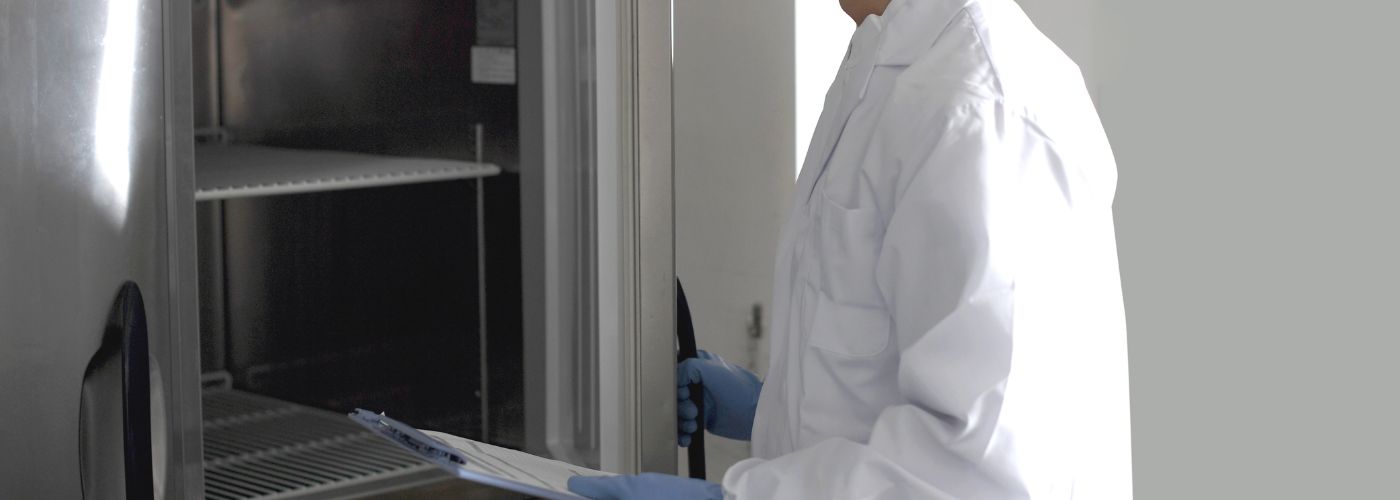In the bustling world of food service and retail, the hum of your commercial refrigeration unit often goes unnoticed—until it doesn’t. This article will guide you through the telltale signs of when to get commercial refrigeration service? Knowing when to act is vital for maintaining not only your equipment but also your peace of mind. This article will guide you through the telltale signs that signal it’s time to pick up the phone—and ensure your operations run as smoothly as your fridge should be!
Signs Your Commercial Refrigerator Needs Service
A commercial refrigerator is the backbone of any restaurant or food service operation, and recognizing the signs that it needs service can save you from costly spoilage and downtime.
One key indicator is condensation buildup or frost accumulation inside the unit. Not only does this affect product quality, but it also indicates an underlying cooling problem or a possible door seal issue.
Condensation and frost buildup is typically caused by inadequate airflow, which can be a result of blocked vents or dirty evaporator coils. Regular refrigeration maintenance is crucial; cleaning the coils and ensuring that air has a clear path improve efficiency and prolong the life of the unit.
If you find yourself frequently resetting the thermostat in order to maintain optimal temperatures, it’s time to call in a professional. Addressing these warning signs promptly not only prolongs the lifespan of your equipment but also ensures regulatory compliance and protects your investment.
Listen For Unusual Noises
One of the most telling signs that your commercial refrigerator may need servicing is when you start to hear unusual noises. Instead of the typical hum of a well-functioning unit, listen for grinding, clanking, or hissing sounds.
These can indicate issues such as failing fans or malfunctioning compressors. Ignoring these auditory clues could lead not only to more extensive damage but also costly downtimes during peak business hours—impacts you certainly want to avoid in a competitive market.
One way to check for unusual noises is by periodically inspecting your unit during both operational and non-operational hours. During these checks, pay attention to the source of the noise and note any patterns—whether they occur when the refrigerator starts up, runs continuously, or shuts down.
Additionally, consider using a decibel meter app on your phone to measure the volume levels; this can help you quantify whether it’s significantly louder than normal.
Inconsistent Temperatures Within The Refrigerator
Inconsistent temperatures within the refrigerator can be a subtle yet significant sign that your commercial unit needs professional service. When products stored at fluctuating temperatures start to spoil or experience changes in texture and flavor, it not only affects quality but also jeopardizes customer trust.
The issue could stem from a malfunctioning thermostat, blocked airflow, or failing compressor components. One way you can check is by using a calibrated thermometer to monitor the internal temperatures at various points within the refrigerator over a 24-hour period.
This will help you identify any significant discrepancies that may indicate poor cooling performance or hot spots caused by obstructed vents.
In addition, regularly inspecting and cleaning the condenser coils can prevent heat buildup and ensure efficient operation of your refrigeration system. Additionally, check door seals for damage; compromised seals allow cold air to escape and warm air to enter, exacerbating temperature inconsistencies.
High Energy Bills Mean Excess Usage
One of the clearest indicators that your commercial refrigerator may need commercial servicing is an unexpected spike in energy bills. If you notice a significant increase, it likely signifies excess usage caused by underlying mechanical issues, such as failing compressors or defective seals.
These problems not only drain your finances but also compromise the quality and safety of your stored products. Keeping an eye on utility expenses can offer insight that goes beyond just cost; it’s a reflection of the efficiency and longevity of your equipment.
You can check for excess energy use from your commercial refrigerator by monitoring its performance over time. Start by comparing your monthly energy usage to previous periods or similar businesses in the area. If you notice an upward trend without a corresponding increase in product volume, it could indicate that your refrigerator is working harder than necessary.
Do Yearly Inspections To Prevent Issues
Regular yearly inspections of your commercial refrigerator are not just a best practice; they’re a vital strategy for safeguarding your business’s investment and reputation. These inspections go beyond surface-level checks, assessing critical components like condenser coils, evaporator fans, and temperature controls to ensure they operate efficiently.
Caught early through proactive evaluations, minor issues can be addressed before they escalate into costly repairs or spoilage events that could jeopardize your stock.
Moreover, in an era where energy efficiency is paramount, a thorough inspection can reveal ways to enhance your unit’s performance while reducing operational costs. For instance, cleaning dirty condenser coils not only prolongs the lifespan of the refrigerator but also cuts down on energy consumption significantly.
Engaging with an expert during these inspections might uncover compliance gaps with health regulations that can lead to hefty fines if overlooked. Ensuring that your equipment runs smoothly and adheres to industry standards reflects positively on your brand image and demonstrates professionalism in every aspect of your operations.
Watch For Random Leaks & Fluid
When managing a commercial kitchen, one of the most telling signs that you need refrigeration service is the appearance of random leaks or fluids pooling beneath your units.
These leaks can indicate underlying issues such as damaged seals or a failing compressor, potentially leading to larger problems if left unaddressed. Monitoring your refrigeration equipment closely for these subtle signs can save you from costly repairs down the line and ensure that your food products remain at safety standards!



